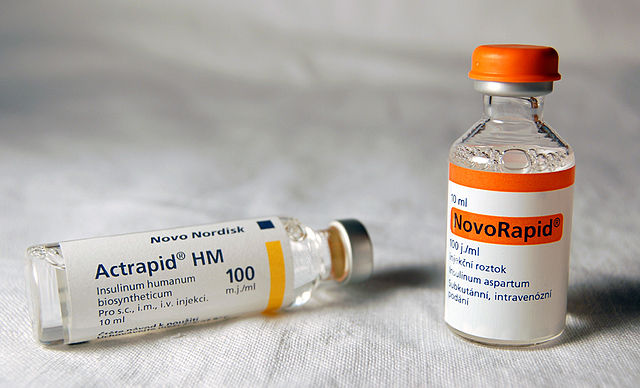Self-adjusting insulin promises safer blood sugar control for diabetics
Date: 4.12.2020
An incredible proof-of-concept study from a team of European scientists has demonstrated the development of a novel insulin molecule that can sense blood sugar levels and self-adjust its activity in response to a patient’s needs.
 The experimental molecule has only been tested in animals so far but the researchers are hopeful further development will offer diabetics a safer and easier insulin therapy in the future.
The experimental molecule has only been tested in animals so far but the researchers are hopeful further development will offer diabetics a safer and easier insulin therapy in the future.
"The difficult thing with diabetes is that insulin always works the same way,” explains Knud Jensen, an author on the new research from the University of Copenhagen. “It lowers blood sugar, even though that might not be what a patient requires.”
The impressive research presents a novel glucose-responsive insulin molecule that can spontaneously increase, or decrease, its activity in response to circulating blood sugar levels.
The new study not only describes the development of this novel insulin molecule but demonstrates its efficacy in animal models. The unprecedented experiments show the insulin effectively responding to blood glucose fluctuations in rats.
Jensen is optimistic about his team’s achievement but pragmatically notes there is still years of work ahead before this kind of self-regulating insulin hits the market. The research is still in the preliminary stages and it hasn't yet been demonstrated to be safe or effective in humans. However, this is still a landmark achievement in chemistry, offering the first evidence of a glucose-responsive insulin molecule working in a live organism.























